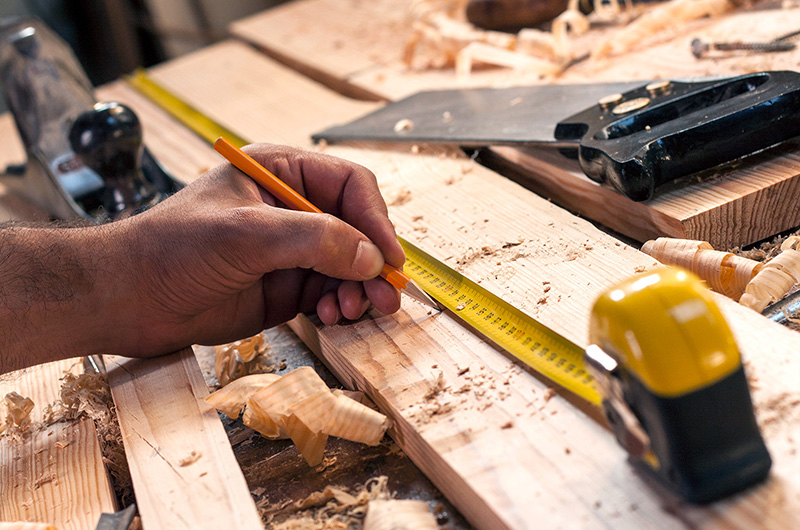Back to library
What's it for: Addition and Subtraction
Everyday situations
Addition and subtraction skills are really useful in everyday life. Being able to quickly add or subtract numbers less than 20 helps you in lots of daily situations, especially to do with money.
Some of these everyday situations include:
- shopping - adding together items to see if you have enough money
- adding up money, including in notes and coins (knowledge of decimals is required)
- paying for food in a restaurant, splitting bills, or calculating and adding a tip
- checking remaining mobile phone minutes
- measuring something that needs to be gift-wrapped and working how much paper you need
- baking and altering recipes (including adding and subtracting fractions)
- filling lunch boxes - how many items will fit in?
- playing games - counting in a game of hide and seek, hopscotch etc
- keeping track of scores in sporting events
- creating a household budget and adjusting it if needed (e.g., reducing it)
- checking your bank statements for accuracy after using a credit or debit card
- completing tax returns
- paying bills - electricity, dentist etc.

Employment
Not only are addition and subtraction needed in everyday life, skills in mathematics, such as addition and subtraction are needed in many areas of employment to be successful. Jobs where these skills are prominent and involve extensive addition and subtraction include:
- bank managers and bank tellers
- accountants and bookkeepers
- engineers
- doctors, nurses, radiographers etc
- teachers
- computer programmers and data analysts
- advertising agents - keeping track of data, such as the increased number of daily calls received after a promotional ad aired
- air traffic controllers
- hairdressers and barbers - calculating length of time to cut hair and how much to cut, scheduling appointments, mixing chemicals
- therapists - physiotherapists, occupational therapists etc
- restaurant and food service personnel
- carpenters, electricians, and plumbers - hands on work also require you to use addition and subtraction when measuring and cutting, etc.
Even if maths is not a major part of the work, most jobs require some basic level of addition and subtraction. You may need to order supplies, or fill out timesheets adding up your hours and subtracting leave time.

Summary
Being able to use basic addition and subtraction skills makes it a lot easier to successfully function in our community. Life is easier if you can quickly work out in your head how much the things in your shopping basket will add up to, or how long it will take to get from the shops to home, or to school so that you are not late.
According to Cohen Kadosh, a researcher from the University of Oxford, maths skills are linked to a range of positive outcomes in employment, socio-economic status, mental and physical health. This research adds to a growing body of work that points to maths as being good for brain development even beyond formal school years.
By doing a little bit of practice with your child, you can help them with maths and also show them that learning is something you can keep doing even as an adult.
